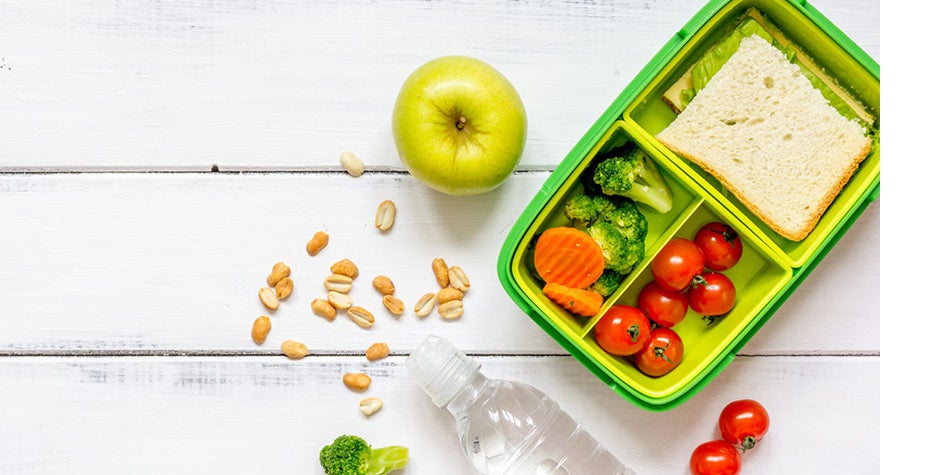Staying Active with IBS and Digestive Concerns

A walk along the beach and a round of golf may be a relaxing way for some individuals to spend an afternoon. For people experiencing irritable bowel syndrome (IBS), outings with limited access to a bathroom may cause dread rather than enjoyment
IBS is a chronic condition that affects the large intestine (colon) and may require long-term management. Triggers for IBS vary from person to person. Food, stress, hormones and other illnesses can all cause an overreaction in the digestive system that could lead to abdominal pain, gas, diarrhea and constipation. People living with IBS often worry about being faced with uncomfortable and embarrassing situations.
Related concerns about IBS may warrant specific gastrointestinal (GI) tests, such as a colonoscopy. Baptist Health Care offers quick admittance to care, enhanced patient education and improved outcomes for patients who need a colonoscopy and other GI tests.
Patients can prepare ahead of time for a GI appointment in a variety of ways. They can keep a food diary and log any digestive concerns or IBS episodes, the length of time IBS occurs, a list of medications, family medical history and recent life stressors.
“Patients should review their symptoms and specifically look for any potential triggers, such as stress, diet and medication,” said Stephen A. Ziller III, M.D., Baptist Medical Group – Gastroenterology.
By itself IBS is not a risk factor for colon cancer, but a GI physician may recommend a colonoscopy to alleviate any concerns, especially if symptoms include rectal bleeding or weight loss. The colonoscopy will look for any abnormal areas in the colon or tissue growths known as polyps. If polyps are found during a colonoscopy, they can be removed during the procedure.
In most cases, with lifestyle and dietary changes IBS can be better managed on a daily basis. Dr. Ziller recommends those living with IBS to include more fermented foods and boost fiber content in daily meals.
“Try adding foods like yogurts, sauerkraut and soft cheeses,” said Dr. Ziller. “Eat whole grains and avoid processed white foods such as bread, rice and pasta. In addition, strive to eat 30-40 grams of fiber per day from fruits and vegetables.”
IBS is the most common functional GI disorder in the U.S. and it frequents more women than men, but you are not alone. Seek help early to improve your outcome and return to the beach, golf course and other activities you enjoy. Ask your primary care physician for a referral to see BMG-Gastroenterology or call 850.626.9626.


